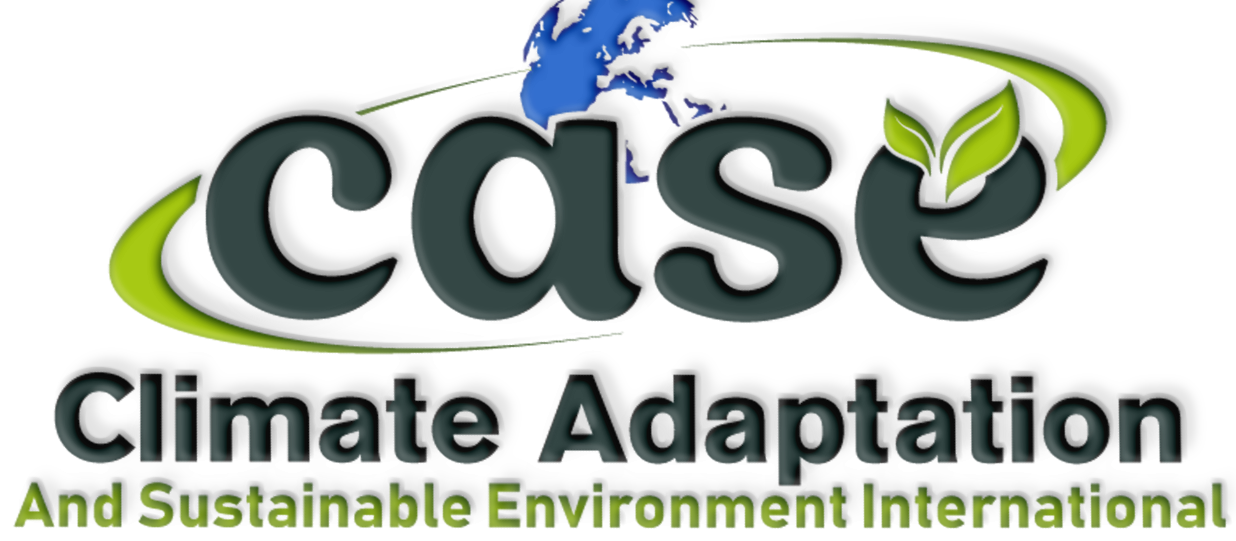Nurturing Nature for Resilient Communities
In the heart of Somalia, the SUSTAIN initiative unfolds as a beacon of hope and empowerment, navigating communities through the intricate web of climate change impacts. Generously supported by Ministry of Agriculture & Irrigation as part of a global commitment to environmental justice, SUSTAIN, implemented by Case International in collaboration with regional partners, is a visionary Ecosystem-Based Adaptation (EBA) program.

Mission: SUSTAIN envisions thriving communities equipped with the knowledge and tools to adapt to the changing climate. Our mission is to forge a sustainable path forward by integrating community-based adaptation planning, ecological restoration, sustainable land management, and the cultivation of climate-smart livelihoods.
Focus Regions: Our endeavors are concentrated in Galmudug regions across Somalia where the delicate balance of ecosystems intersects with the daily lives of local communities. We prioritize areas most vulnerable to climate change, ensuring our impact is felt where it matters most.
Key Components:
Community-Based Adaptation Planning: SUSTAIN engages intimately with local communities, co-creating adaptation plans that harness the power of ecosystems. These plans identify bespoke adaptation options, rooted in the local context, to fortify communities against the impacts of climate change.
Ecological Restoration: We embark on a journey to revive and rejuvenate degraded ecosystems, encompassing vital landscapes such as forests, wetlands, and grasslands. The restoration efforts not only enhance the resilience of these ecosystems but also provide essential services like water regulation, soil conservation, and carbon sequestration.
Sustainable Land Management: SUSTAIN advocates for and promotes sustainable land management practices, including agroforestry, conservation agriculture, and grazing management. These practices enhance land productivity, curb soil erosion, and bolster the resilience of the land to climate change.
Climate-Smart Livelihoods: As part of our commitment to sustainable change, SUSTAIN supports the development of climate-smart livelihoods. Beekeeping, fisheries, and conservation agriculture emerge as pathways to alternative income sources, reducing dependency on activities that contribute to ecosystem degradation.
Capacity Building and Awareness Raising: SUSTAIN invests in the empowerment of local communities, government agencies, and stakeholders through comprehensive training programs. Our initiatives cover sustainable land management practices, ecosystem restoration techniques, and the adoption of climate-smart livelihoods.
Projected Impact of SUSTAIN:
Community Empowerment: SUSTAIN aims to directly benefit over 10,000 individuals in Somalia, empowering them with the knowledge and tools needed to adapt to climate change challenges.
Women-Led Transformation: Focusing on inclusivity, the initiative seeks to empower at least 60% of its beneficiaries to be women. This translates to over 60,000 women actively engaged in sustainable practices and climate-smart livelihoods.
Enhanced Agricultural Productivity: By promoting sustainable land management practices, SUSTAIN aims to increase agricultural productivity by 30% in targeted regions. This directly impacts the livelihoods of over 50,000 farmers, fostering economic resilience.
Ecosystem Resilience: The ecological restoration efforts anticipate positive impacts on at least 500 square kilometers of degraded ecosystems, benefiting both local communities and the broader environment.
Climate-Smart Livelihoods: Through the promotion of climate-smart livelihoods such as beekeeping and fisheries, SUSTAIN endeavors to create alternative income sources for over 3,000 individuals, reducing their dependence on activities contributing to ecosystem degradation.
Knowledge Transfer: Capacity-building initiatives are set to train more than 5,000 individuals, including community members, government agencies, and stakeholders. This ensures the sustained implementation of ecosystem-based adaptation practices beyond the project’s lifespan.
Market Access for Farmers: The strengthening of community-based farmer producer organizations (FPOs) is expected to improve the market access and bargaining power of over 50 FPOs, directly benefiting the livelihoods of around 10,000 farmers.
Environmental Conservation: SUSTAIN’s interventions are projected to result in the sequestration of approximately 100,000 metric tons of carbon dioxide annually, contributing to global climate change mitigation efforts.
